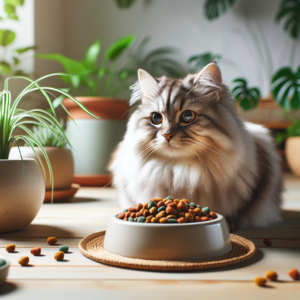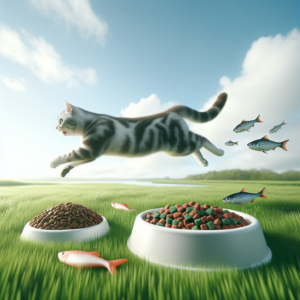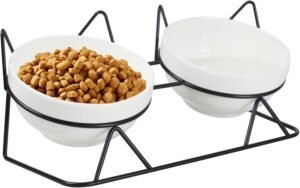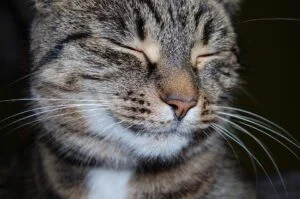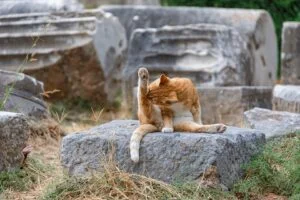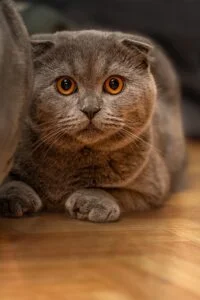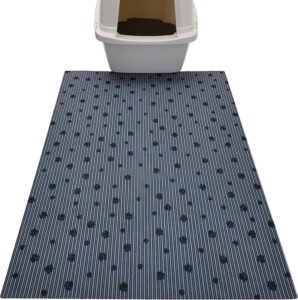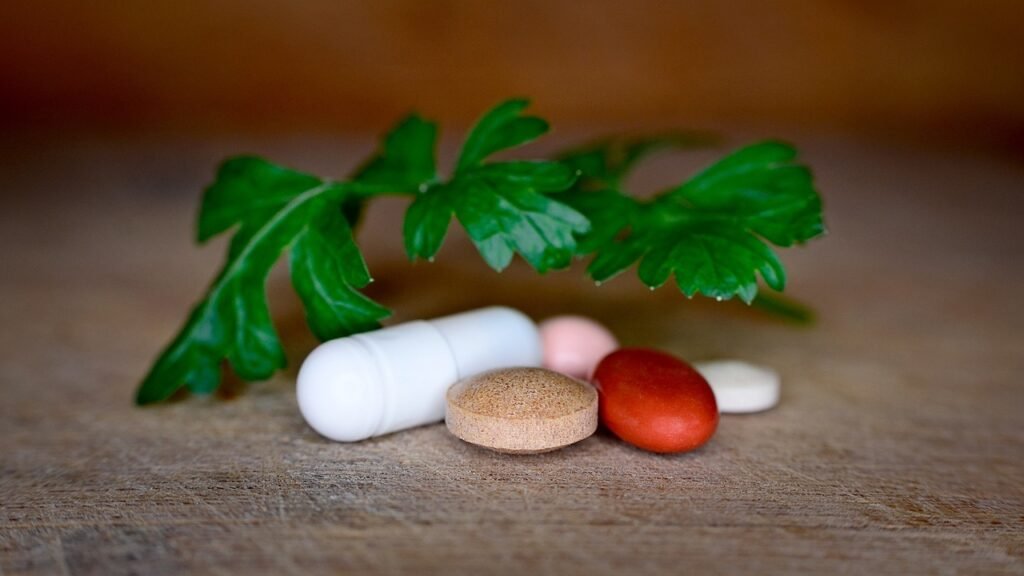
Cats, like humans, require a balanced diet to maintain optimal health. While high-quality cat food provides essential nutrients, some cats may benefit from additional supplementation to address specific health concerns or enhance their overall well-being. Understanding the role of cat supplements can help pet owners make informed decisions to support their feline friends.
The Importance of Nutrition for Cats
Cats are obligate carnivores, which means they require a diet rich in animal protein. However, even the best diets can sometimes fall short in providing all the nutrients necessary for a cat’s health. Factors such as age, health conditions, lifestyle, and even the quality of the food can influence a cat’s nutritional needs. This is where supplements come in, offering targeted nutrients that can help fill dietary gaps.
Common Nutritional Deficiencies in Cats
Before delving into specific supplements, it’s crucial to recognize common nutritional deficiencies in cats. These may include:
– **Taurine Deficiency**: Essential for heart and eye health.
– **Omega-3 Fatty Acids Deficiency**: Important for skin, coat, and joint health.
– **Vitamin Deficiencies**: Vitamins like A, D, and E are vital for overall well-being.
– **Mineral Deficiencies**: Calcium, phosphorus, and magnesium are critical for bone health.
Top Cat Supplements for Optimal Health
Omega-3 Fatty Acids
Omega-3 fatty acids, particularly EPA and DHA, are crucial for maintaining healthy skin and coat, reducing inflammation, and supporting joint health. They are especially beneficial for cats with arthritis or skin allergies. Fish oil is a common source of these fatty acids, and supplements come in liquid or capsule form, making them easy to add to your cat’s diet.
Probiotics
Probiotics are beneficial bacteria that support digestive health. They can help manage gastrointestinal issues such as diarrhea and constipation, and they may also boost the immune system. Probiotic supplements for cats are available in powder, capsule, or chewable form, and they can be an excellent addition for cats with sensitive stomachs or those recovering from illness.
Taurine
Taurine is an amino acid that is essential for cats, as they cannot produce it in sufficient quantities. It is vital for heart health, vision, and reproduction. Most commercial cat foods contain taurine, but supplementation may be necessary for homemade diets or if a cat has specific health concerns.
Glucosamine and Chondroitin
These supplements are popular for supporting joint health and preventing arthritis in older cats. Glucosamine and chondroitin help maintain healthy cartilage and reduce inflammation, promoting mobility and comfort. They can be especially beneficial for senior cats or those with a history of joint problems.
Multivitamins
A high-quality multivitamin can ensure that your cat receives all essential vitamins and minerals, especially if their diet is not well-balanced. Multivitamins can fill nutritional gaps and support overall health, particularly in cats with dietary restrictions or those eating homemade meals.
Antioxidants
Antioxidants such as vitamin E, vitamin C, and selenium help combat oxidative stress and support the immune system. They are beneficial for overall health and can help slow the aging process in older cats. Antioxidant supplements are available in various forms, including powders and chewables.
Choosing the Right Supplement for Your Cat
When selecting supplements for your cat, consider the following factors:
– **Quality**: Choose supplements from reputable brands with transparent ingredient lists and quality control standards.
– **Specific Needs**: Identify any specific health concerns or nutritional deficiencies your cat may have and choose supplements that address these issues.
– **Veterinary Advice**: Consult your veterinarian before starting any new supplement regimen. They can provide guidance based on your cat’s health status and dietary needs.
Potential Risks and Considerations
While supplements can offer numerous benefits, it’s essential to use them responsibly. Over-supplementation can lead to nutrient imbalances and adverse effects. Always follow recommended dosages and monitor your cat for any changes in health or behavior.
Conclusion
Supplements can play a vital role in supporting your cat’s health and well-being. By understanding the specific needs of your feline companion and choosing high-quality supplements, you can help ensure they live a long, healthy, and happy life. Always consult with your veterinarian to tailor a supplementation plan that complements your cat’s diet and lifestyle.
#ChatGPT assisted in the creation of this article.
